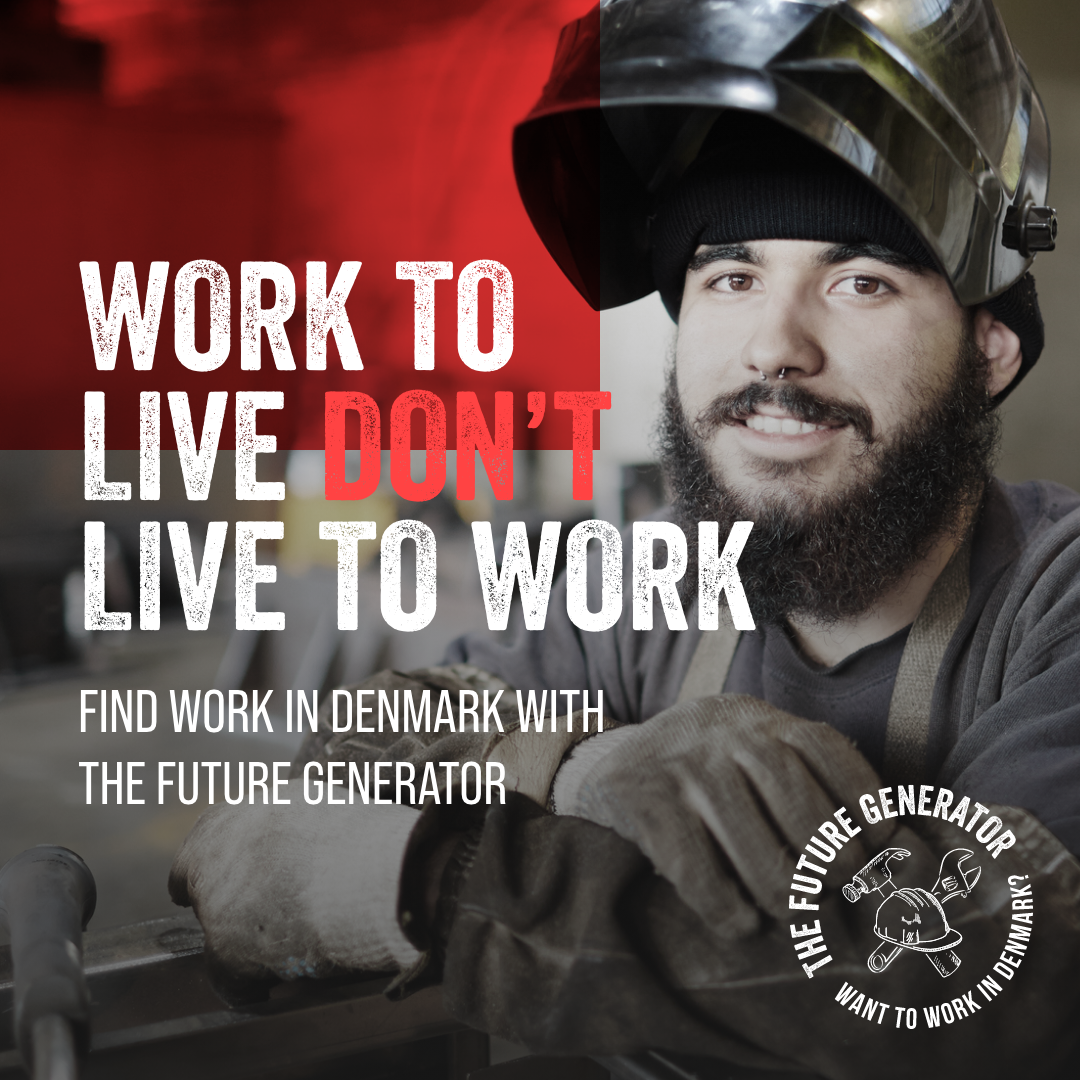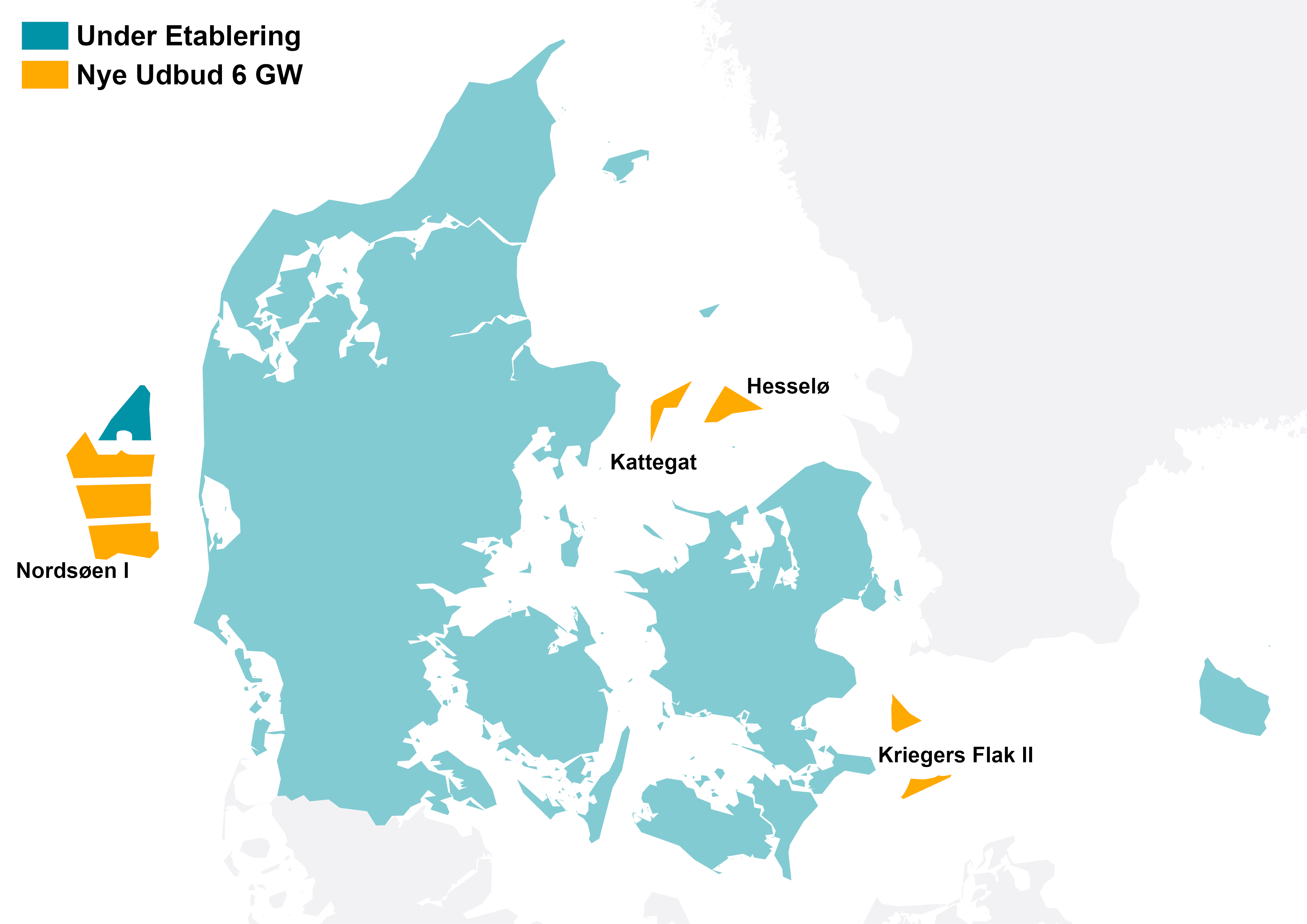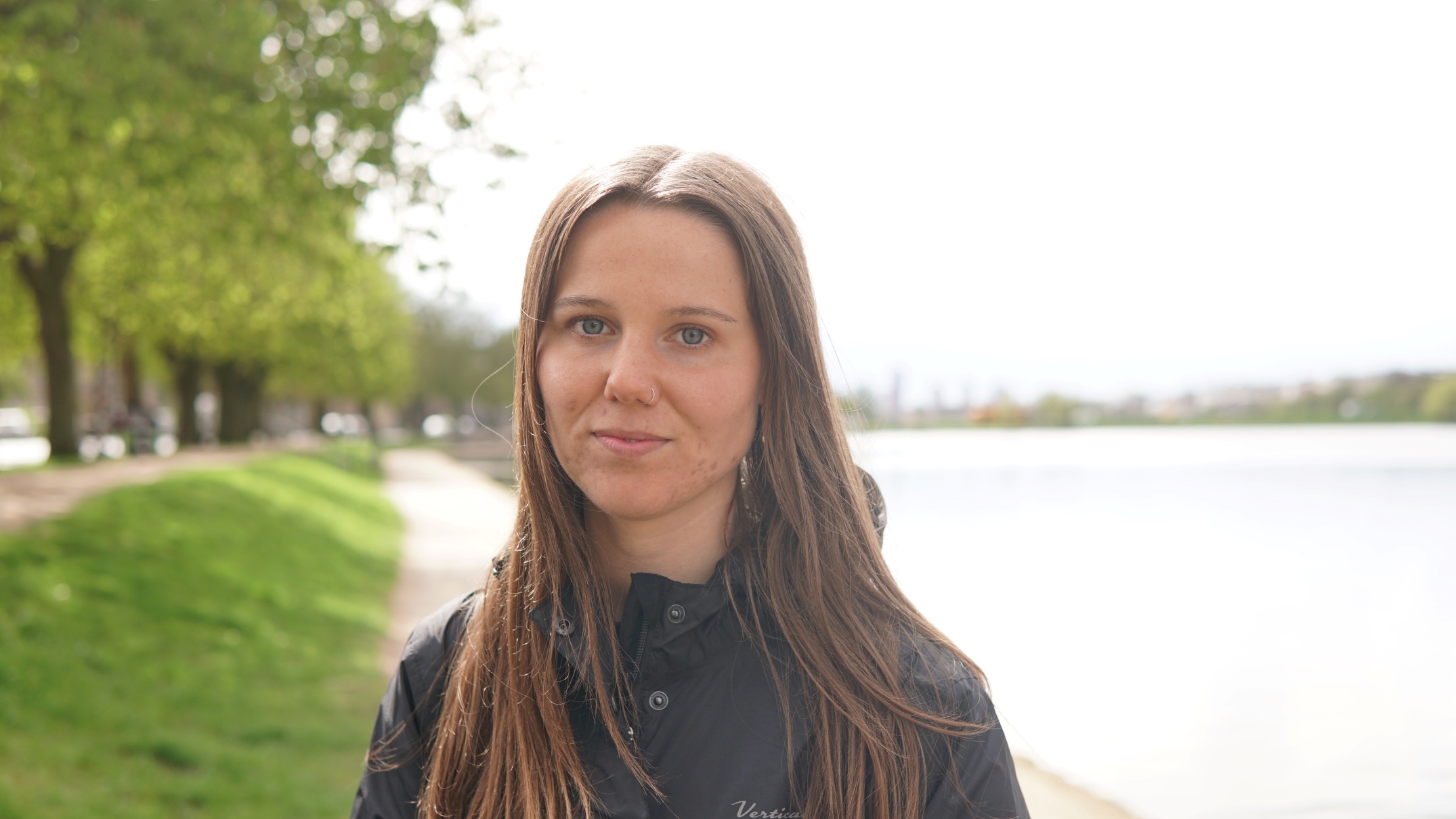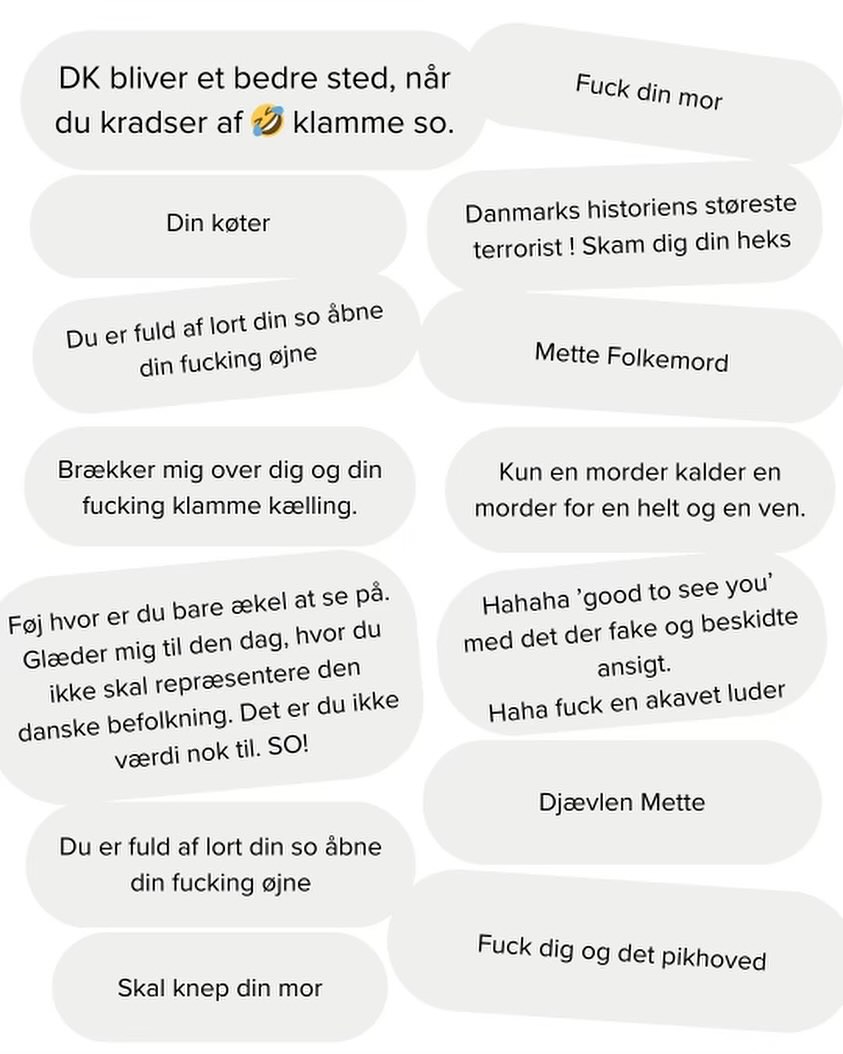As a journalist, Ralf Christensen knows the power of the pen. But when he sat down to author a 2,000-plus word opinion on the treatment he and his wife received from Immigration Services (Udlændingestyrelsen), he never anticipated his words making waves the way they have.
But ever since Christensen’s opinion piece, ‘Tak til Udlændingestyrelsen’ (Thanks, Immigration Services), was published in Politiken newspaper on August 9 and subsequently went viral, the music journalist for Information newspaper has found himself a central figure in Denmark’s never ending immigration debate.
“I didn’t expect such a massive and widely spreading reaction,” Christensen said. “I had expected a stir, but not this kind of frenzy.”
In his op-ed, Christensen recounts the “degrading” and “inhumane” treatment he and his Turkish wife, Merih, received while waiting ten painstakingly long hours at Immigration Services while dealing with their family reunification application – an application that was ultimately denied.
Christensen’s piece spread like wildfire via social media, reaching the highest levels of government and leading to an admission from the head of Immigration Services, Bjørn Hørning, that there have been “exorbitantly long waiting times” over the summer.
The economy minister, Margrethe Vestager (Radikale), reportedly sent a link to the article to the Justice Ministry along with a request for a comment, and on Monday, the parliamentary ombudsman, Jørgen Steen Sørensen, got involved, directly referencing Christensen’s opinion piece when announcing that he had asked Immigration Services to report to him on the concrete steps the organisation would take to address waiting times.
While many in Denmark’s international community are undoubtedly grateful for the attention Christensen’s piece has received, it can be seen as a bit paradoxical that the issue – which few with any experience with Immigration Services would view as new or unusual – is suddenly a hot topic.
As such, The Copenhagen Post caught up with Christensen to ask him about the reaction his words have generated and if he truly expects things will change:
Would people be too cynical in thinking that this is suddenly getting so much attention because it was written not only by a Danish citizen, but by a Danish citizen who happens to write for Information? Do Danes in the Information/Politiken sphere suddenly see this as a problem because it has happened to “one of them”?
I think, sadly, that it carries more weight when it comes from a Danish citizen because you suddenly encompass a much larger political spectrum, also including people who – hard as it may be to understand – see no reason why Denmark should help refugees or accept purely foreign couples and their children. Sad but true.
 In your piece, you talk about how this treatment makes you feel as a Danish citizen. Shouldn’t everyone – not just Danish citizens in general, and Danish media insiders in specific – be treated better by Udlændingestyrelsen?
In your piece, you talk about how this treatment makes you feel as a Danish citizen. Shouldn’t everyone – not just Danish citizens in general, and Danish media insiders in specific – be treated better by Udlændingestyrelsen?
Absolutely. I also mention that in my article – how this worries me even more on behalf of less privileged people. This is a general problem, but of course I can only make a personal statement about it from the perspective of a Danish citizen. And I think that’s important, because Danish citizens think they have an intimate relationship to, and knowledge of, the welfare state. It’s just not a wholly true picture. Every time someone steps outside the borders of normality in this society, apparently they will run into an unforgiving bureaucracy. But, yeah, I think the uproar – unfortunately – also relates to the fact that it happened to ‘one of their own’.
When Radikale sends you a tweet saying that they are going to do something about the situation, including a link to an article that essentially just says they’ve sent an unanswered email to the Justice Ministry and plan a workshop, do you really think that there will be any concrete political action taken?
I think there is a genuine interest at Radikale in changing the practices of Udlændingestyrelsen. Absolutely. The question is what they can actually do and if they can get sufficient support from their political friends. And it will almost for certain cost money and involve an expensive restructuring of Udlændigestyrelsen – if real change is the true aim. We will see how brave and hard hitting they are willing to be in this matter.
The Copenhagen Post also spoke with Radikale’s immigration spokesperson, Zenia Stampe, who said that the party was already looking at the issue before Christensen’s piece “received so much attention that it was like an open door for us to bring up the issue”.
“For me, [Christensen’s situation] is nothing new,” Stampe said. “But I think there were many people who were surprised that, one year into the new government, this was still the situation [at Udlændingestrylsen].”
Stampe said that the party had planned a workshop to look at the specific problems and gather input from constituents, but thanks in large part to Christensen’s opinion piece, they’re considering changing their plans.
“We were expecting there maybe to be 15-20 people, but there has been so much attention now, that we think we’ll have to change our plans a bit,” she said.
As for his part, Christensen stressed that he didn’t want the focus to be on his particular case.
“For me, it would’ve been a disaster if the ensuing debate had been all about poor me and my poor wife not getting a residency permit,” he said, adding that numerous people have reached out to him with their own stories. “The objective for me was to show and criticise the system, its methods and its inhumane character – a system that should not see itself as a defender of the state, but as a helper of people, whether they are Danish or from any other country.”
Although Christensen’s wife’s application for family reunification was denied under EU rules, they have both filed a complaint to the Justice Ministry and reapplied for family reunification under Danish law.













